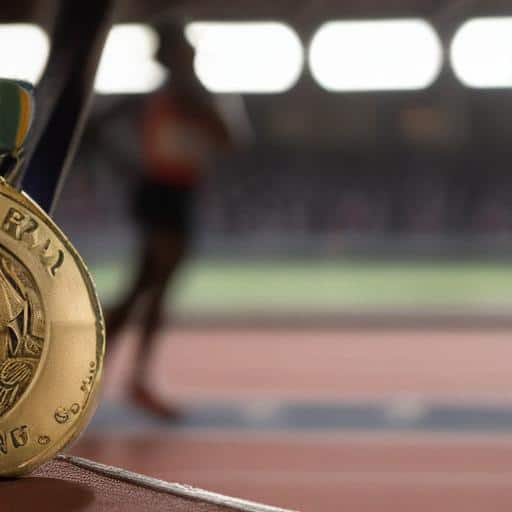The U.S. Department of Education announced on Tuesday that its Office for Civil Rights is conducting an investigation into the Portland, Oregon, school district. This investigation stems from the district’s practice of allowing a transgender high school athlete to compete in female sports and access girls’ locker rooms, actions that are under scrutiny for their compliance with federal law.
Additionally, the investigation extends to the Oregon School Activities Association, the governing body for high school sports in the state, which has been noted for its policy supporting transgender students’ participation in gender-specific sports that align with their gender identity rather than their sex assigned at birth.
This issue has been a contentious topic in national politics, particularly during the Trump administration. In a January executive order, then-President Trump criticized the previous administration’s efforts to extend Title IX protections to transgender individuals, arguing it had undermined protections for women.
Craig Trainor, the acting assistant secretary for civil rights at the Department of Education, emphasized that the investigation is crucial to ensure that federal funds are not used to violate the legal protections granted to women and girls against discrimination.
In response, Kimberly Armstrong, the superintendent of Portland Public Schools, stated the district would fully cooperate with the investigation, asserting their adherence to Oregon state law, which differs from federal guidelines and supports the rights of transgender students. She stressed her commitment to treating every student with respect and dignity.
The Oregon School Activities Association confirmed it is working closely with legal counsel regarding the investigation, which centers on the results of competitions where the transgender athlete has reportedly excelled, winning events at the Portland Interscholastic League Championships.
Should the findings conclude that Title IX has been violated, the school district could face penalties, including the possibility of losing federal funding, although historical precedents suggest that settlements are often preferred in such cases.
This ongoing conversation highlights the critical intersection of education, civil rights, and gender identity in sports, reflecting broader societal debates that continue to evolve. With a focus on maintaining fairness and equality, it represents an opportunity for further dialogue and potential policy refinement that respects both the rights of transgender individuals and the protections afforded to women in sports.

Leave a comment